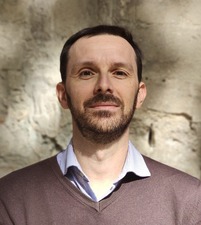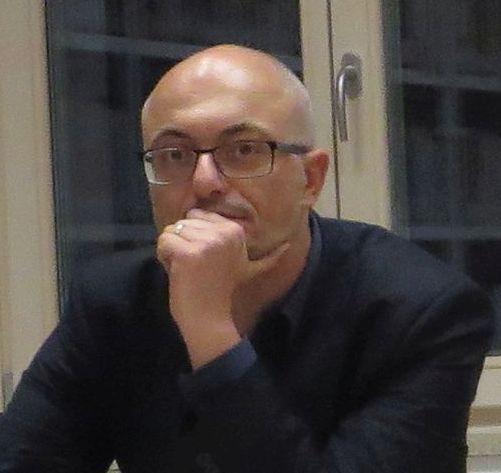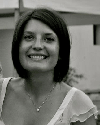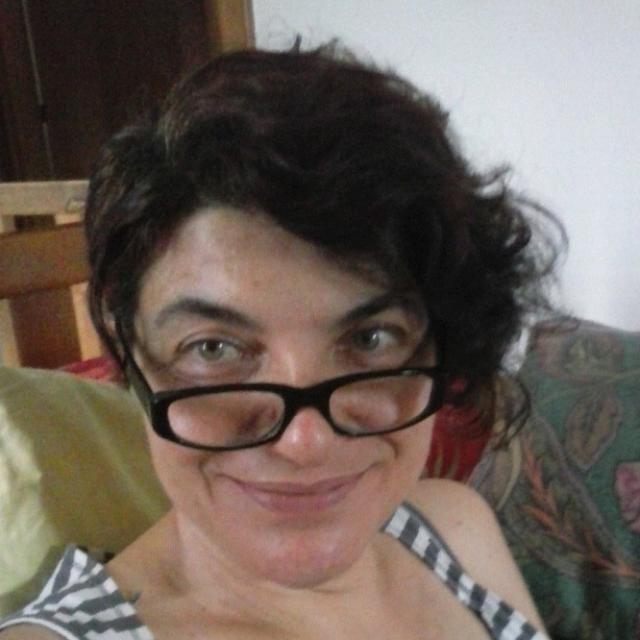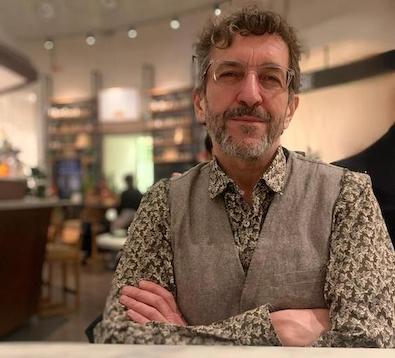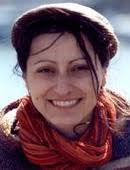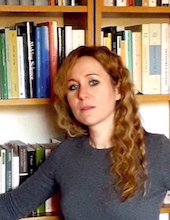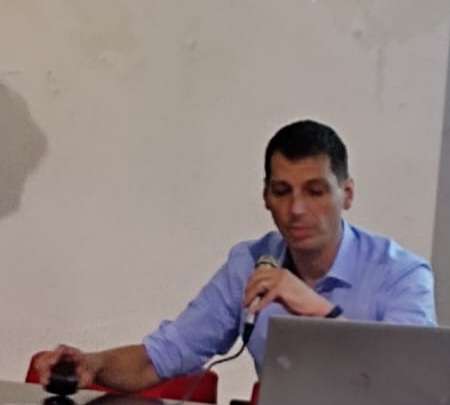Studying at the University of Verona
Here you can find information on the organisational aspects of the Programme, lecture timetables, learning activities and useful contact details for your time at the University, from enrolment to graduation.
Academic calendar
The academic calendar shows the deadlines and scheduled events that are relevant to students, teaching and technical-administrative staff of the University. Public holidays and University closures are also indicated. The academic year normally begins on 1 October each year and ends on 30 September of the following year.
Course calendar
The Academic Calendar sets out the degree programme lecture and exam timetables, as well as the relevant university closure dates..
| Period | From | To |
|---|---|---|
| 1 A | Sep 26, 2022 | Nov 5, 2022 |
| 1 B | Nov 14, 2022 | Dec 22, 2022 |
| 2 A | Feb 13, 2023 | Apr 6, 2023 |
| 2 B | Apr 12, 2023 | May 27, 2023 |
| Session | From | To |
|---|---|---|
| Sessione invernale | Jan 9, 2023 | Feb 11, 2023 |
| Sessione estiva | Jun 5, 2023 | Jul 29, 2023 |
| Sessione autunnale | Aug 28, 2023 | Sep 23, 2023 |
| Session | From | To |
|---|---|---|
| Sessione straordinaria (a.a. 2021/22) | Mar 31, 2023 | Apr 6, 2023 |
| Sessione estiva | Jul 10, 2023 | Jul 15, 2023 |
| Sessione autunnale | Nov 6, 2023 | Nov 11, 2023 |
| Sessione straordinaria | Apr 2, 2024 | Apr 8, 2024 |
| Period | From | To |
|---|---|---|
| Chiusura edifici | Oct 31, 2022 | Oct 31, 2022 |
| Festa di Ognissanti | Nov 1, 2022 | Nov 1, 2022 |
| Festa dell'Immacolata | Dec 8, 2022 | Dec 8, 2022 |
| Chiusura edifici | Dec 9, 2022 | Dec 10, 2022 |
| Vacanze di Natale | Dec 23, 2022 | Jan 7, 2023 |
| Vacanze di Pasqua | Apr 7, 2023 | Apr 10, 2023 |
| Festa della Liberazione | Apr 25, 2023 | Apr 25, 2023 |
| Festa del lavoro | May 1, 2023 | May 1, 2023 |
| Festa del Santo Patrono | May 21, 2023 | May 21, 2023 |
| Festa della Repubblica | Jun 2, 2023 | Jun 2, 2023 |
| Chiusura estiva | Aug 13, 2023 | Aug 19, 2023 |
Exam calendar
Exam dates and rounds are managed by the relevant Culture and Civilisation Teaching and Student Services Unit.
To view all the exam sessions available, please use the Exam dashboard on ESSE3.
If you forgot your login details or have problems logging in, please contact the relevant IT HelpDesk, or check the login details recovery web page.
Should you have any doubts or questions, please check the Enrollment FAQs
Academic staff
 federica.barboni@univr.it
federica.barboni@univr.it
 silvia.baroni@univr.it
silvia.baroni@univr.it
 giovanni.bernardini@univr.it
giovanni.bernardini@univr.it
 evita.calabrese@univr.it
evita.calabrese@univr.it
 dario.donetti@univr.it
dario.donetti@univr.it
 michele.marchesi@univr.it
michele.marchesi@univr.it
Morbiato Giacomo
 giacomo.morbiato@univr.it
giacomo.morbiato@univr.it
 giulia.pedrucci@univr.it
giulia.pedrucci@univr.it
 sofia.piacentin@univr.it
sofia.piacentin@univr.it
 dino.piovan@univr.it
dino.piovan@univr.it
 fedraalessandra.pizzato@univr.it
fedraalessandra.pizzato@univr.it
 irene.reginato@univr.it
irene.reginato@univr.it
 alberto.scandola@univr.it
alberto.scandola@univr.it
 cecilia.sideri@univr.it
cecilia.sideri@univr.it
Study Plan
The Study Plan includes all modules, teaching and learning activities that each student will need to undertake during their time at the University.
Please select your Study Plan based on your enrollment year.
1° Year
| Modules | Credits | TAF | SSD |
|---|
1 module to be chosen amont the following2° Year activated in the A.Y. 2023/2024
| Modules | Credits | TAF | SSD |
|---|
Latin literature (i)
2 modules to be chosen among the following1 module to be chosen among the following2 modules to be chosen among the following3° Year It will be activated in the A.Y. 2024/2025
| Modules | Credits | TAF | SSD |
|---|
2 modules to be chosen among the following1 module to be chosen among the following1 module to be chosen among the following| Modules | Credits | TAF | SSD |
|---|
1 module to be chosen amont the following| Modules | Credits | TAF | SSD |
|---|
Latin literature (i)
2 modules to be chosen among the following1 module to be chosen among the following2 modules to be chosen among the following| Modules | Credits | TAF | SSD |
|---|
2 modules to be chosen among the following1 module to be chosen among the following1 module to be chosen among the following| Modules | Credits | TAF | SSD |
|---|
Legend | Type of training activity (TTA)
TAF (Type of Educational Activity) All courses and activities are classified into different types of educational activities, indicated by a letter.
Type D and Type F activities
COMPETENZE TRASVERSALI
| years | Modules | TAF | Teacher |
|---|---|---|---|
| 1° 2° 3° | FAI Activities | F |
Edoardo Bianchi
(Coordinator)
|
| 1° 2° 3° | Series of conferences Don Nicola Mazza University College | F |
Alessandra Zangrandi
(Coordinator)
|
| 1° 2° 3° | Business English for everybody | F |
Serena Dal Maso
(Coordinator)
|
| 1° 2° 3° | Russian for everybody | F |
Serena Dal Maso
(Coordinator)
|
| 1° 2° 3° | Intercomprehension laboratory between the Romance languages | F |
Alessandra Zangrandi
(Coordinator)
|
| 1° 2° 3° | Laboratory to introduce the study of Ancient Greek | F |
Dino Piovan
(Coordinator)
|
| 1° 2° 3° | Books and writings of the Greek world | F |
Paolo Scattolin
(Coordinator)
|
| 1° 2° 3° | Music in History | F |
Vincenzo Borghetti
(Coordinator)
|
| 1° 2° 3° | Discovery and re-discovery of a city: Verona in the heart of the Roman Empire | F |
Riccardo Bertolazzi
(Coordinator)
|
Greek History (i+p) (2023/2024)
Teaching code
4S02149
Credits
12
Coordinator
Language
Italian
Also offered in courses:
- Greek history - MODULO 1 of the course Bachelor's degree in Philosophy
- Greek history - MODULO 2 of the course Bachelor's degree in Philosophy
- Ancient Greek History (i) of the course Bachelor’s degree in Humanities
Courses Single
AuthorizedThe teaching is organized as follows:
Learning objectives
The aim of the course is to analyze in depth an aspect of the history of the Greeks, based on the ancient testimonies we have received. During the lessons students are trained to make every documental element interact, whether historiographical, literary, epigraphic, archaeological or otherwise, to grasp how a methodologically correct reconstruction derives from the contribution of information and is proportional to their greater or lesser wealth and reliability.
Prerequisites and basic notions
High proficiency in spoken and written Italian.
Bibliography
Criteria for the composition of the final grade
Final grade: 30/30.
Career prospects
Module/Programme news
News for students
There you will find information, resources and services useful during your time at the University (Student’s exam record, your study plan on ESSE3, Distance Learning courses, university email account, office forms, administrative procedures, etc.). You can log into MyUnivr with your GIA login details: only in this way will you be able to receive notification of all the notices from your teachers and your secretariat via email and also via the Univr app.
Graduation
List of thesis proposals
| theses proposals | Research area |
|---|---|
| tesi di Glottologia, Storia comparata, Linguistica storica | ENGLISH LANGUAGE - Grammar and Syntax – Grammatik und Syntax |
| tesi di Glottologia, Storia comparata, Linguistica storica | GERMANIC LANGUAGE - Dialectology - Dialektologie |
| tesi di Glottologia, Storia comparata, Linguistica storica | HUMANITIES & SOCIAL STUDIES - HUMANITIES & SOCIAL STUDIES |
| tesi di Glottologia, Storia comparata, Linguistica storica | Indo-European languages & literatures - Indo-European languages & literatures |
| tesi di Glottologia, Storia comparata, Linguistica storica | LINGUISTICS - LINGUISTICS |
Gestione carriere
Linguistic training CLA
Student mentoring
Requisiti classi di abilitazione insegnamento
Requisiti necessari per accedere alle classi di abilitazione per l'insegnamento.
vedi allegato pdf
Inoltre, per informazioni sui 24 CFU nelle discipline antropo-psico-pedagogiche e nelle metodologie e tecnologie didattiche, si veda -> LINK
Documents
| Title | Info File |
|---|---|
|
|
pdf, it, 307 KB, 30/11/21 |

 +39 045802 8351
+39 045802 8351
